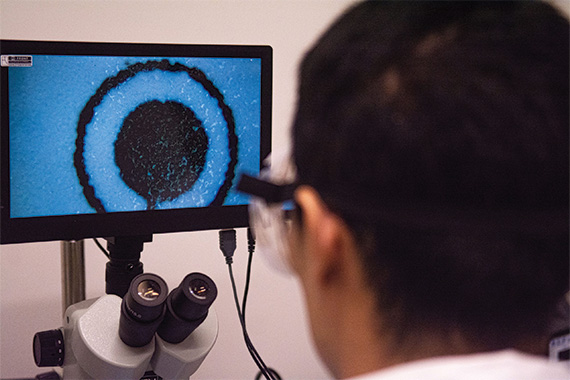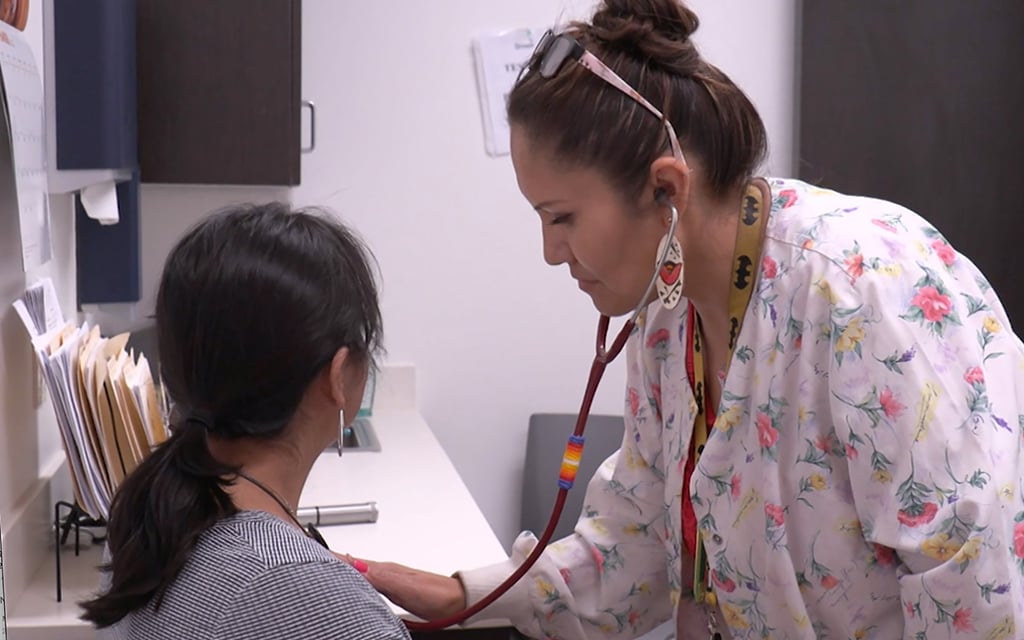Iowa’s Department of Health and Human Services (HHS) embarks on distributing funds allocated for crisis pregnancy centers under the More Options For Maternal Support (MOMS) program to address maternal health care shortages. However, the initiative sparks controversy due to its focus on discouraging abortions and the absence of a mandated third-party administrator.

Funding Challenges and Program Oversight
Despite legislative requirements mandating a third-party administrator for the MOMS program, Iowa HHS moves forward with contract negotiations for pregnancy resource centers. A designated administrator is necessary to ensure transparent oversight, raising concerns among advocates and lawmakers regarding accountability and program integrity.
Efforts to amend legislation removing the administrator requirement trigger debates on program transparency and accountability. Advocacy groups, including the Family Planning Council of Iowa, voice opposition, citing potential implications for program transparency and the dissemination of accurate medical information within crisis pregnancy centers.
Amidst legislative debates, the focus remains on addressing maternal healthcare deserts and providing comprehensive support to expectant mothers. The MOMS program aims to offer qualified pregnancy support services, including counseling, resources, and education, albeit amid criticisms surrounding the accuracy and credibility of services provided by crisis pregnancy centers.
READ ALSO: Alarming Rise in Cardiovascular Deaths Demands Urgent Action: A Wake-Up Call on Heart Health
Advocacy for Comprehensive Maternal Health Solutions
Questions arise regarding the alignment between legislative intent and program implementation. While legislative mandates emphasize the role of a third-party administrator, practical considerations prompt Iowa HHS to proceed with funding distribution to ensure timely support for expectant mothers, highlighting the complexities of navigating legislative frameworks and program execution.
Amidst the MOMS program debate, advocates stress the importance of prioritizing comprehensive maternal health solutions. Calls for legislative focus on addressing maternal healthcare deserts and ensuring access to accurate information and qualified medical services underscore the broader imperative of safeguarding maternal well-being and healthcare access.
READ ALSO: CDC Advises Blood Testing for ‘Forever Chemicals’ Amid Rising Health Concerns



